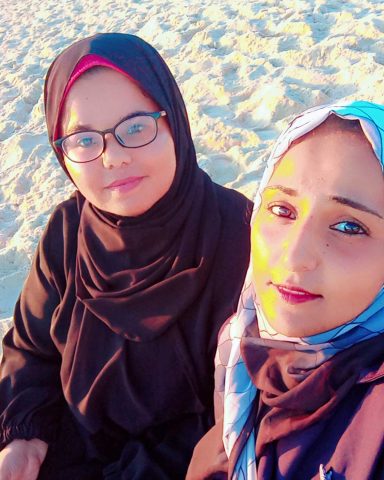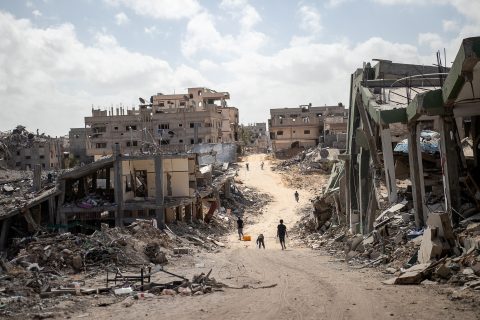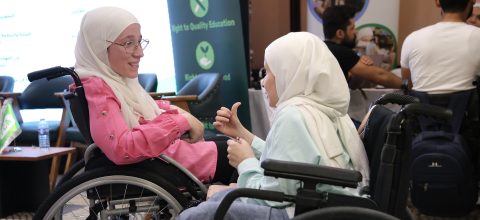Girls’ rights are rarely realised in crises – four ways displacement affects girls
The effects of crises in the Middle East will be felt far into the future and may be permanent unless the humanitarian emergency is addressed. Girls living in the midst of crises usually suffer the most challenging conditions.
Humanitarian crises affect the well-being of the younger generation in many ways. Violence in Gaza has had a particularly strong impact on children and the women who care for them.
UN Women estimates over 28,000 women and girls have been killed in Gaza since October 2023. In crisis situations and among refugee children, the rights of children, especially girls, are rarely realized. Here we explain why through four examples:
1. Conditions in refugee shelters are harsh
When people are forced to leave their homes during crises, girls and their families seek shelter in refugee centres set up often in schools, churches and hospitals. When thousands, tens of thousands and eventually hundreds of thousands of people are on the move, the shelters quickly fill up. The right of girls and other refugees to privacy, clean drinking water, food and hygiene is rarely realized.
2. Health under threat
In a humanitarian crisis, healthcare also quickly becomes scarce.
The sick and wounded may not receive adequate treatment. In poor conditions, diseases spread and vaccination programmes are not implemented. Even if a child remains healthy, their adult carers may become ill, injured or die.
The lack of healthcare, basic necessities and privacy affects everyone, but the situation is particularly difficult for girls. For example, it is difficult to maintain menstrual hygiene without clean water. The risk of infection increases.
Even if clean drinking water is available, girls may limit their drinking so that they do not have to visit dirty and unsafe toilets frequently. The availability of hygiene products and sanitation in crisis situations is essential for the well-being of girls and women in particular.
3. Threat of violence and abuse
In an unsafe and prolonged crisis situation, girls are even more vulnerable to violence and abuse. Due to the crisis, there may be fewer reliable adults around girls – such as relatives and teachers – who can protect them and ensure that their rights are respected.
The risk of child marriage also increases if the crisis is prolonged. In some cultures, there are distorted ideas that early marriage protects girls in unsafe situations. The risks increase if contraception and sexual counseling services cannot be provided due to the prevailing crisis.
4. Interrupted schooling affects future opportunities
In crisis situations, education is often disrupted or interrupted. It is important to close the learning gap for the sake of well-being, development, and further education; as a decline in opportunities also robs children of their faith in the future. In addition, school provides children with routine, and psychosocial support in unstable situations.
Only a small proportion of girls in Gaza have been able to participate in irregular school-like activities during the year. The longer education is interrupted, the less likely it is that children will return to school. Interruptions in education can have a direct impact on future livelihoods.
Efforts must be made to keep interruptions in schooling as short as possible during crises.
+1. FCA’s work helps girls in crises in the Middle East
It is clear that many girls living in the midst of crises in the Middle East will bear the consequences of conflict for the rest of their lives. It is now important that we help in every way possible to minimize the impact.
Finn Church Aid strives to help girls living in war zones and who have become refugees in Gaza and Syria.
In Gaza, we aim to help children participate in school-related activities and receive support in dealing with trauma. In Syria, we are helping displaced families, repairing destroyed schools, providing safe access to learning and support for teachers working in difficult circumstances.
You can help. Donate to support our work.
—
Text: Merja Färm, Erik Nyström, Ulriikka Myöhänen
Photo: ACT network member DSPR responding to the needs of Gazans by providing medical and psychosocial support on 18 January 2024, DSPR.
This article was originally published in Finnish on the KUA website on 10 October 2024. It has been updated to include more recent UN figures.


